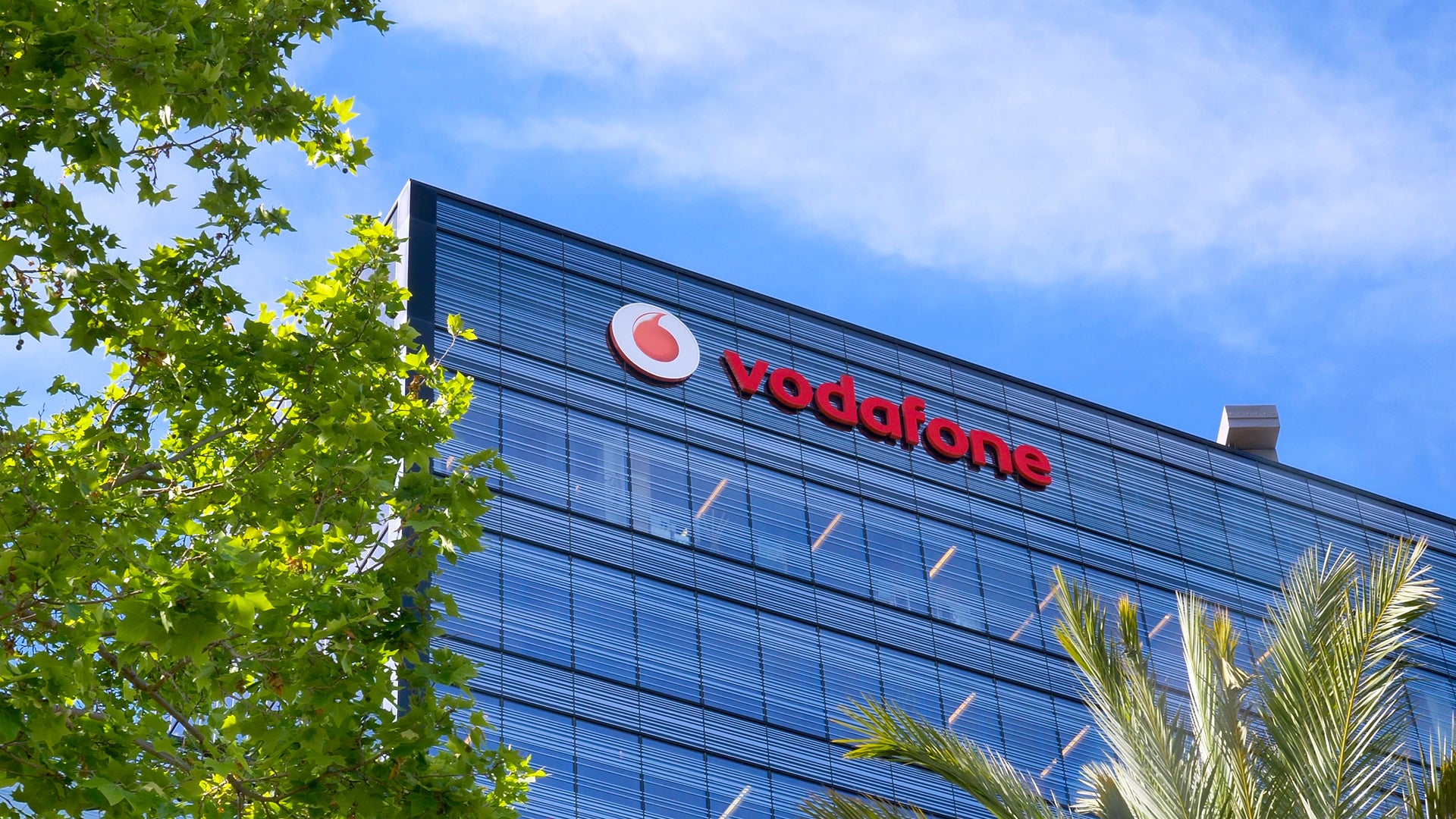
Is Vodafone’s relationship with network suppliers Nokia and Ericsson set to change? Telecoms watchers may ask themselves that question following the news that Vodafone has teamed up with tech goliath Intel and other vendors to deploy OpenRAN technology. The partnership will develop its own chip architecture allowing Vodafone to obtain different pieces of its network from different suppliers, rather than depending on traditional integrated stacks from specialist networking equipment providers like Nokia, Ericsson or Huawei.
OpenRAN stands for “Open Radio Access Network” and has been referred to as the telecom industry’s “fastest-growing religion.” What means is that mobile operators – like Vodafone – adopt open standards, so that different components of a mobile installation can come from different suppliers. All the different technologies adhere to the same standards and thus can work with each other.

Access deeper industry intelligence
Experience unmatched clarity with a single platform that combines unique data, AI, and human expertise.
This is a clear break from the old doctrine where one single vendor – such as Ericsson, Nokia or Huawei – would provide everything form radio units and processing hardware to network connection and software.
No wonder then that a recent GlobalData thematic research report states: “A big story from 2022 to 2024 will be the impact of [OpenRAN] technology.”
The GlobalData report also noted that the rollout of OpenRAN is of particular interest in the US due to the nation’s lack of domestic 5G equipment suppliers. OpenRAN is also an attractive prospect for Western companies that have been dependent on Chinese vendors like Huawei and ZTE in the past. With Huawei being banned from operating in many European countries and in the States, OpenRAN has also been suggested as a good option for other nations like the UK which have no established network vendors.
Vodafone doubles down on OpenRAN plans
Vodafone already has, in fact, already made use of OpenRAN. In June 2021, Verdict reported that the mobile operator planned to roll out “Europe’s first commercial OpenRAN network” by deploying 5G technology using Samsung software.

US Tariffs are shifting - will you react or anticipate?
Don’t let policy changes catch you off guard. Stay proactive with real-time data and expert analysis.
By GlobalDataIn November, Vodafone announced that it had teamed up with the German Federal Ministry of Transport and Digital Infrastructure to transform Plauen into an OpenRAN city. The project would rely on the technological know-how of Vodafone, Nokia and Mavenir. It also switched on its first 5G OpenRAN site in the UK in January.
So what’s new with this latest deal? As Reuters reported, Vodafone has now teamed up with Intel and “around 20″ other silicon vendors to design its own chip architecture for use in OpenRAN architecture. Other named vendors include Qualcomm, Broadcom, ARM and Lime Microsystems.
A Vodafone mouthpiece told Reuters that the company would design silicon for ARM and RISC-V instruction sets as well as Intel x86.
The initiative is spearheaded from Vodafone’s new research centre in Málaga, Spain, which became active on Monday January 31. 50 people dedicated to developing OpenRAN will join the 650 skilled software engineers, architects and technicians based at the hub.
“As a pioneer of OpenRAN, Vodafone is joining forces with specialist technology companies to expand the ecosystem,” said Francisco Martin, head of OpenRAN at Vodafone. “Silicon innovation will strengthen Europe’s position in the global market and speed up the roll out of new digital services.”
Where does that leave Nokia and Ericsson?
Vodafone’s OpenRAN push is clearly aimed to strengthen its independence and flexibility. It also means traditional telecom equipment providers’ grip on the market will become weaker.
There are two very important things to consider here, though. Firstly, companies like Vodafone will hardly end their relationship with Nokia and Ericsson abruptly. As noted above, Nokia was one of the companies Vodafone teamed up with for its German OpenRAN project. The network giants will still provide OpenRAN equipment, just not all of it. Both Ericsson and Nokia have launched OpenRAN projects of their own, though some detractors have not-so-silently suggested that Nokia’s commitment to open standards has been shallow.
Deutsche Telekom, Orange, Telecom Italia (TIM), Telefónica and Vodafone published a report on the state of the European OpenRAN ecosystem in November, 2021. The telcos stated that “Nokia has developed OpenRAN software functions, but these currently only run on Nokia proprietary hardware.”
Nokia has rejected the accusation, saying its “OpenRAN software functions are built with open interfaces per O-RAN Alliance specifications.”
The GlobalData report noted that the push towards OpenRAN could also be part of the next wave of M&As in the telecom industry.
“What does seem likely is that Nokia and other larger vendors could seek out smaller OpenRAN vendors offering software innovation or radios,” the researchers noted. “GlobalData estimates there are over 20 providers of OpenRAN radio solutions.”







